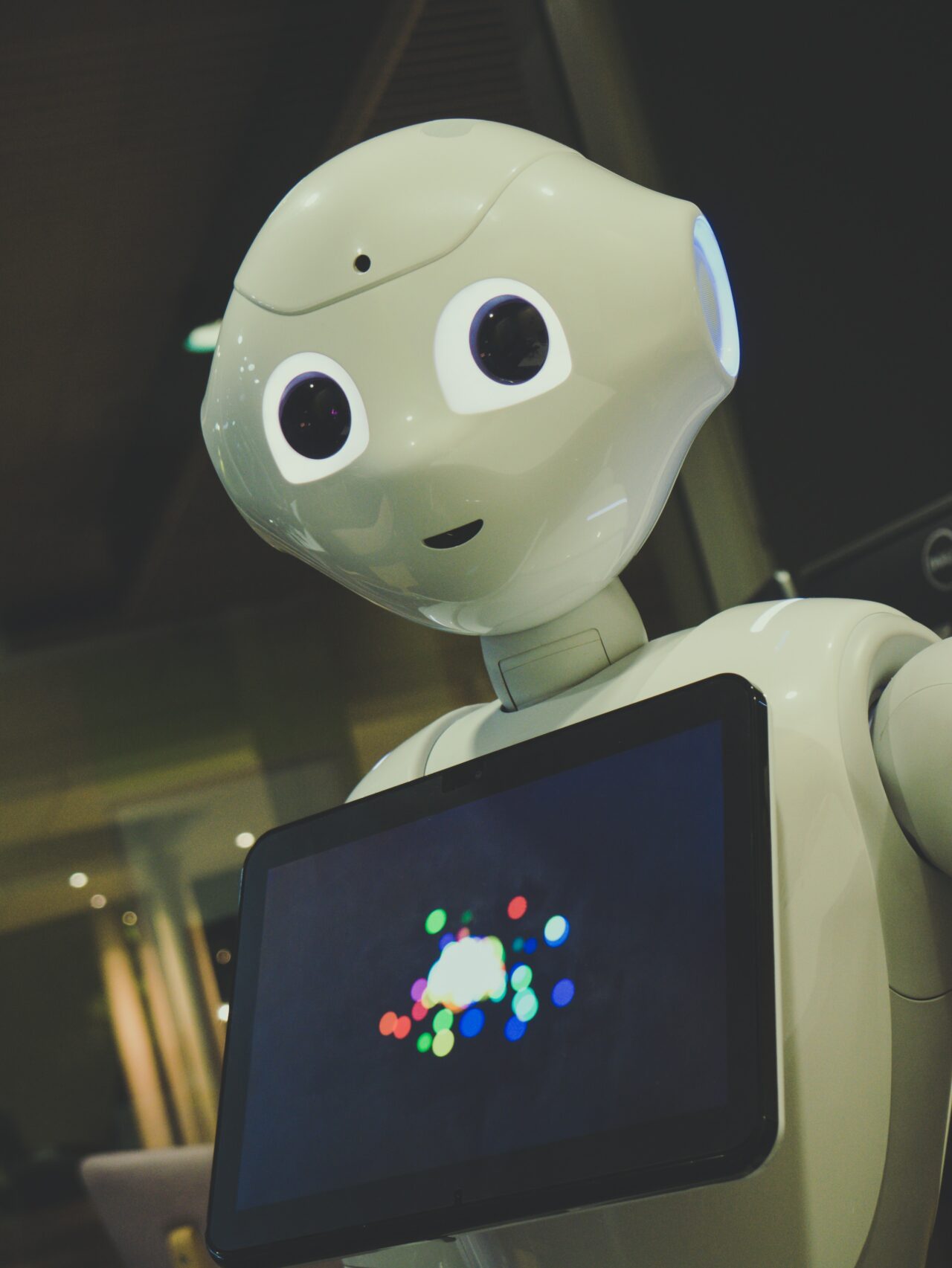Artificial intelligence (AI) is changing the way we live and work, and its impact will only continue to grow in the coming years. From healthcare to finance, transportation to education, AI is transforming every industry and creating new possibilities. In this article, we will explore the future of AI and some predictions of what we can expect in the years to come.
- Increased Automation: AI will continue to automate repetitive and mundane tasks, freeing up humans to focus on more complex and creative work. This will lead to increased productivity and efficiency in various industries.
- Improved Healthcare: AI will play a critical role in healthcare by providing personalized treatments, improving diagnostic accuracy, and predicting potential health issues. This will lead to better health outcomes and reduced healthcare costs.
- Enhanced Customer Service: AI-powered chatbots and virtual assistants will become more common in customer service, providing fast and accurate responses to customer inquiries and improving customer satisfaction.
- Smarter Cities: AI will help create smarter and more efficient cities by optimizing traffic flow, improving public transportation, and reducing energy consumption.
- Advancements in Robotics: AI will enable the development of more sophisticated robots that can perform complex tasks in various industries, such as manufacturing, construction, and agriculture.
- More Natural Language Processing: Natural language processing (NLP) will continue to improve, allowing machines to better understand human language and interact more naturally with humans. This will lead to more advanced virtual assistants and voice-activated devices.
- Personalized Learning: AI will revolutionize education by providing personalized learning experiences for students, based on their individual needs and learning styles.
- Increased Cybersecurity: AI will help improve cybersecurity by detecting and responding to threats more quickly and accurately, preventing data breaches and cyber-attacks.
- Greater Accessibility: AI will help create more accessible technologies for people with disabilities, enabling greater participation in society and improving quality of life.
- Ethical Concerns: As AI becomes more advanced, there will be a growing need to address ethical concerns, such as bias in algorithms, privacy concerns, and the impact on jobs and the workforce.
In conclusion, the future of AI is exciting, with endless possibilities for improving various industries and our everyday lives. AI will continue to automate tasks, improve healthcare, enhance customer service, create smarter cities, advance robotics, improve natural language processing, revolutionize education, increase cybersecurity, and promote accessibility. However, as AI becomes more advanced, it is crucial to address ethical concerns and ensure that it benefits everyone in society. The future of AI is bright, and we are just scratching the surface of what is possible.



